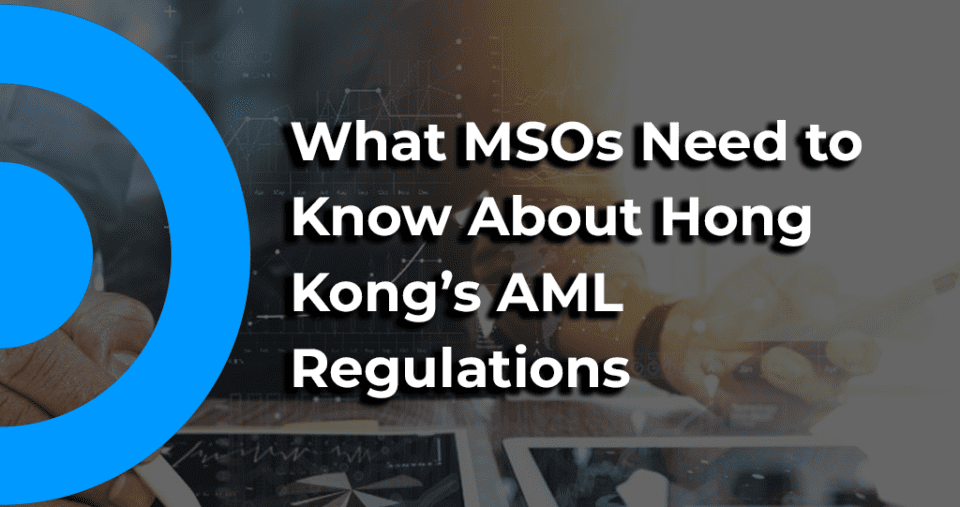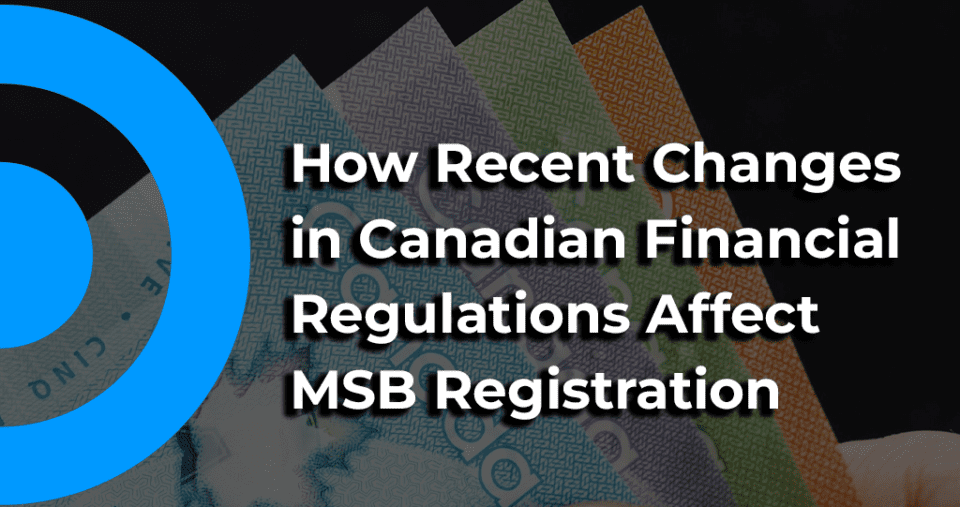
Is Paperwork Holding you Back? Opt for Concierge Services by PayCompliance
April 5, 2024
Build Your Dream Team: Benefits of a Paycompliance Advisory Board
April 15, 2024Mastering Compliance: Your Strategic Advantage in Finance
Navigating the Regulatory Landscape in the Financial Sectoruction:
The financial industry operates within a complex and intricate regulatory landscape, with businesses facing a multitude of laws, regulations, and directives to adhere to. While compliance may seem like a daunting task, it presents itself not only as a legal obligation but also as a strategic advantage that can propel businesses towards success.
By implementing a robust compliance program, financial institutions can effectively manage risks, protect sensitive information, and foster a culture of ethical conduct.
This, in turn, leads to enhanced reputation, increased customer trust, and improved operational efficiency, ultimately contributing to long-term growth and sustainability.
The Importance of Compliance in the Financial Sector
Non-compliance with financial regulations can have severe consequences for businesses, ranging from hefty fines and penalties to regulatory sanctions and even criminal charges. In addition to legal repercussions, reputational damage can be devastating, eroding customer trust and hindering business growth.
A well-structured compliance program serves as a proactive shield against these risks, enabling businesses to navigate the regulatory landscape with confidence. It
establishes clear guidelines and procedures, educates employees on their responsibilities, and fosters a culture of compliance from the top down.
Seven Elements of an Effective Compliance Program
Key Components of a Successful Compliance Program
A successful compliance program encompasses several key components that work together to ensure effective risk management and regulatory adherence:
1. Tone at the Top:
Strong leadership and commitment from the board of directors and senior management are crucial for setting the tone for a culture of compliance. By demonstrating a clear commitment to compliance, leaders set the standard for ethical conduct throughout the organization.
2. Risk Assessment and Prioritization:
Regular and comprehensive risk assessments are essential for identifying and prioritizing potential sources of non-compliance. These assessments should consider both internal factors, such as employee behavior and internal policies, and external factors, such as changes in regulations and industry trends.
3. Clear Policies and Procedures:
The organization should establish and implement clear, concise policies and procedures that outline the expected conduct of employees and business partners in compliance with applicable laws and regulations. These policies should be readily accessible, easily understood, and regularly reviewed and updated.
4. Training and Communication:
Effective training and communication are essential for ensuring that all employees and business partners are aware of their compliance obligations. Ongoing training sessions and regular communication channels can help to reinforce compliance principles and address any emerging concerns.
5. Monitoring and Auditing:
Continuous monitoring and auditing of compliance practices are crucial for identifying and addressing any potential issues before they escalate. Regular audits can help to detect gaps in compliance, assess the effectiveness of existing policies, and ensure that the organization is adapting to changes in the regulatory environment.
How to Outsource Compliance’s Key Activities | PayCompliance
How PayCompliance Can Help Your Financial Institution
PayCompliance offers a comprehensive suite of compliance solutions tailored to the specific needs of financial institutions in Canada, Gift City India, UAE, and Hong Kong. Our team of experienced professionals provides expert guidance and support in implementing, managing, and enhancing compliance programs, ensuring that your business remains compliant with all applicable laws and regulations.
Our services include:
● Compliance Risk Assessments: We conduct thorough risk assessments to identify and prioritize potential compliance risks, enabling you to focus your efforts on the areas of highest concern.
● Regulatory Monitoring and Updates: We provide ongoing monitoring of regulatory changes and provide timely updates to ensure your compliance program remains up-to-date.
● Policy and Procedure Development: We assist in developing clear, concise policies and procedures that align with applicable laws and regulations.
● Employee Training and Communication: We offer customized training programs and communication materials to educate your employees on their compliance responsibilities.
● Compliance Auditing and Reporting: We conduct regular audits to assess the effectiveness of your compliance program and provide comprehensive reports with actionable insights.
Explore Paycompliance Services: Check out some of the services offered by Paycompliance in relation to compliance services here.
Conclusion:
In today’s dynamic financial landscape, compliance is not just a legal requirement; it’s a strategic advantage. By partnering with PayCompliance, you can gain access to the expertise and support you need to implement a robust compliance program that protects your business from legal and reputational risks, enhances efficiency, and fosters a culture of ethical conduct. Embrace compliance and unlock the path to long-term success and sustainable growth.
Contact PayCompliance today for a complimentary consultation and discover how we can help you achieve compliance excellence.



